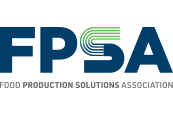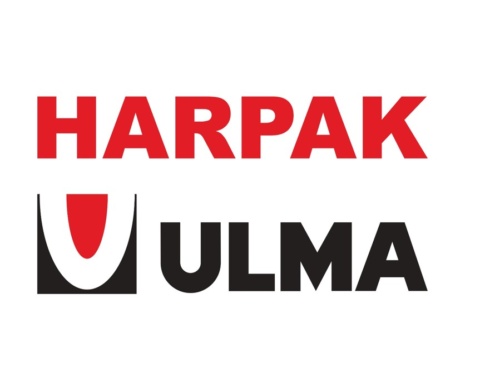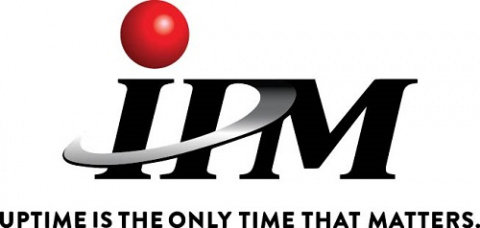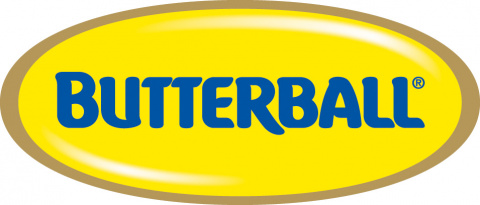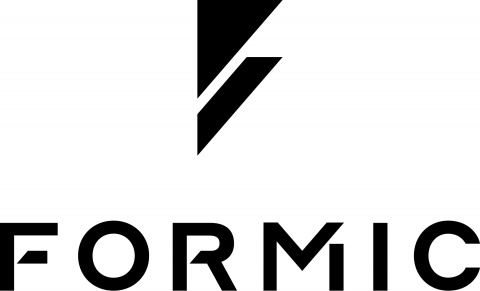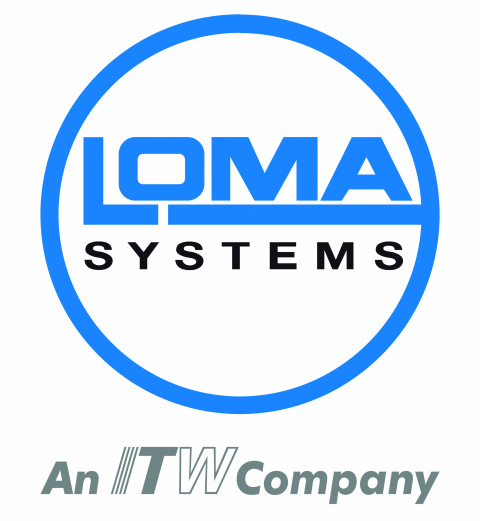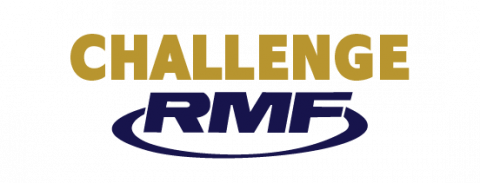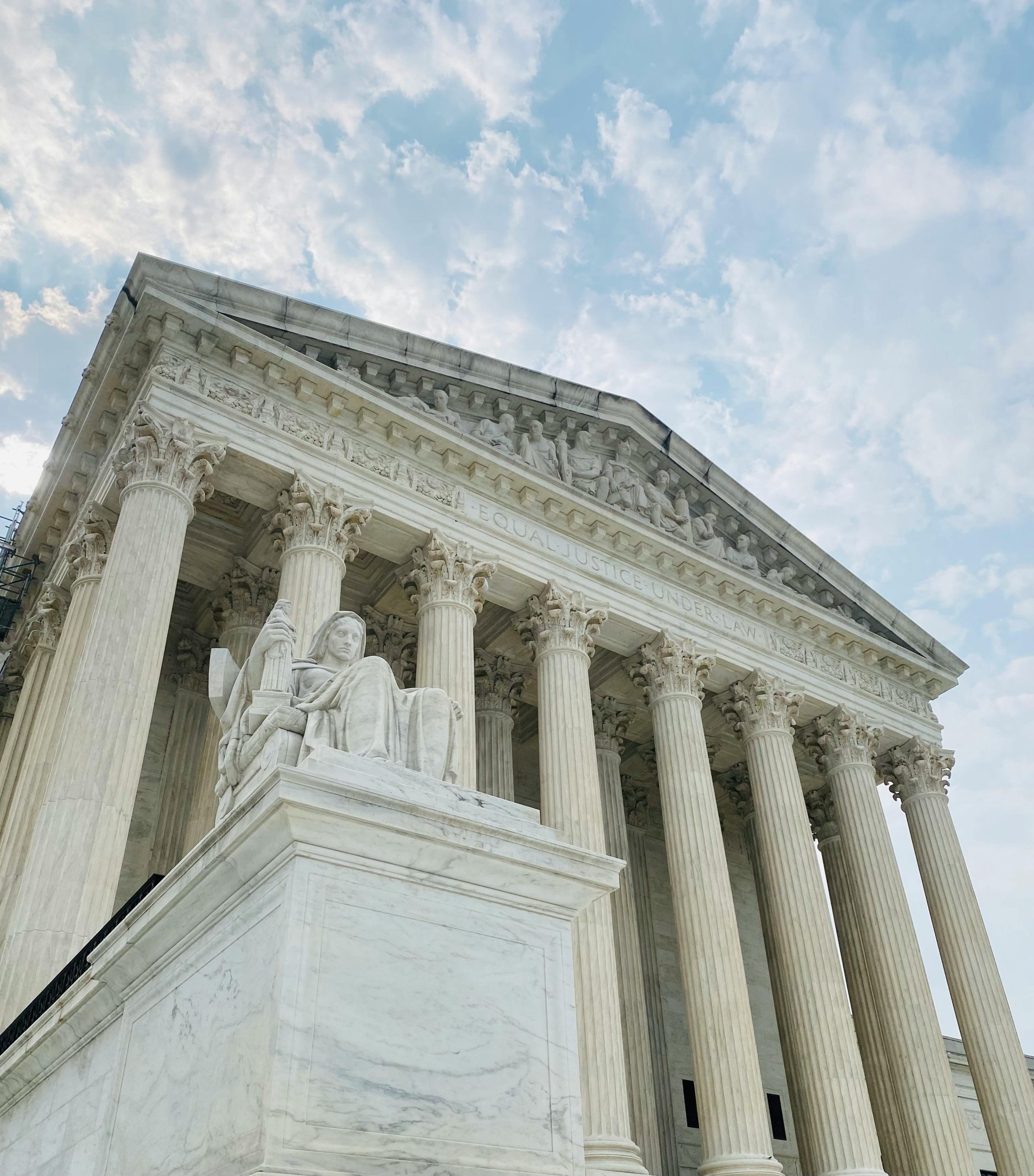
As part of the FPSA Food Safety Network, we're monitoring an upcoming Supreme Court ruling that could change how we navigate FSMA regulations. The big issue on our radar is Chevron Deference.
Currently, the FDA wields significant authority in interpreting and enforcing FSMA through Chevron deference. This means courts generally back the FDA’s interpretations of FSMA as long as they’re reasonable. But if the Supreme Court decides to dial back or scrap Chevron Deference altogether, it opens the floodgates to new challenges for FSMA regulations.
Here’s what’s at stake:
- Interpreting Statutory Requirements: Without Chevron Deference, courts would have more say in interpreting the exact language of FSMA. This could lead to debates over whether FDA regulations align with FSMA's provisions.
- Rulemaking Authority: The FDA’s ability to create new rules and regulations under FSMA might face tougher scrutiny. Courts could demand clearer justifications and stricter adherence to FSMA’s original wording, potentially slowing down new regulations.
- Enforcement Actions: From warning letters to inspections, the FDA's enforcement of FSMA could come under heavier judicial scrutiny. This means more challenges to whether the FDA’s interpretation of compliance rules holds up in court.
- Specific Regulations: Think preventive controls, hazard analyses, and food defense plans—all these specific FSMA requirements might face challenges if Chevron Deference goes out the window. Critics could argue these rules aren’t necessary or clear enough.
- Guidance Documents: The FDA often releases documents to clarify FSMA rules. Without Chevron Deference, these could be up for grabs, requiring the FDA to defend its interpretations more vigorously.
- User Fees and Funding: FSMA relies on user fees and other funding mechanisms to keep its regulatory engine running. Scrapping Chevron Deference could raise questions about whether the FDA can impose these fees and whether they’re justified.
If Chevron Deference is limited or removed, FSMA’s interpretation, implementation, and enforcement could face more legal hurdles. This would likely mean the FDA needs to provide clearer and more legally sound justifications for every move it makes—a potential game-changer for food safety regulation. Stay tuned as we continue to monitor this crucial issue. FPSA is committed to keeping members informed and ready to navigate whatever changes regarding food safety regulations come our way.
Remember always to consult your company’s legal counsel when navigating regulatory changes. FPSA Members receive a discount when consulting with Barnes & Thornburg. Contact FPSA Staff to secure your member discount and ensure you're well-prepared for regulatory challenges.
– Elena Sierra, Director of Networks and Special Projects
